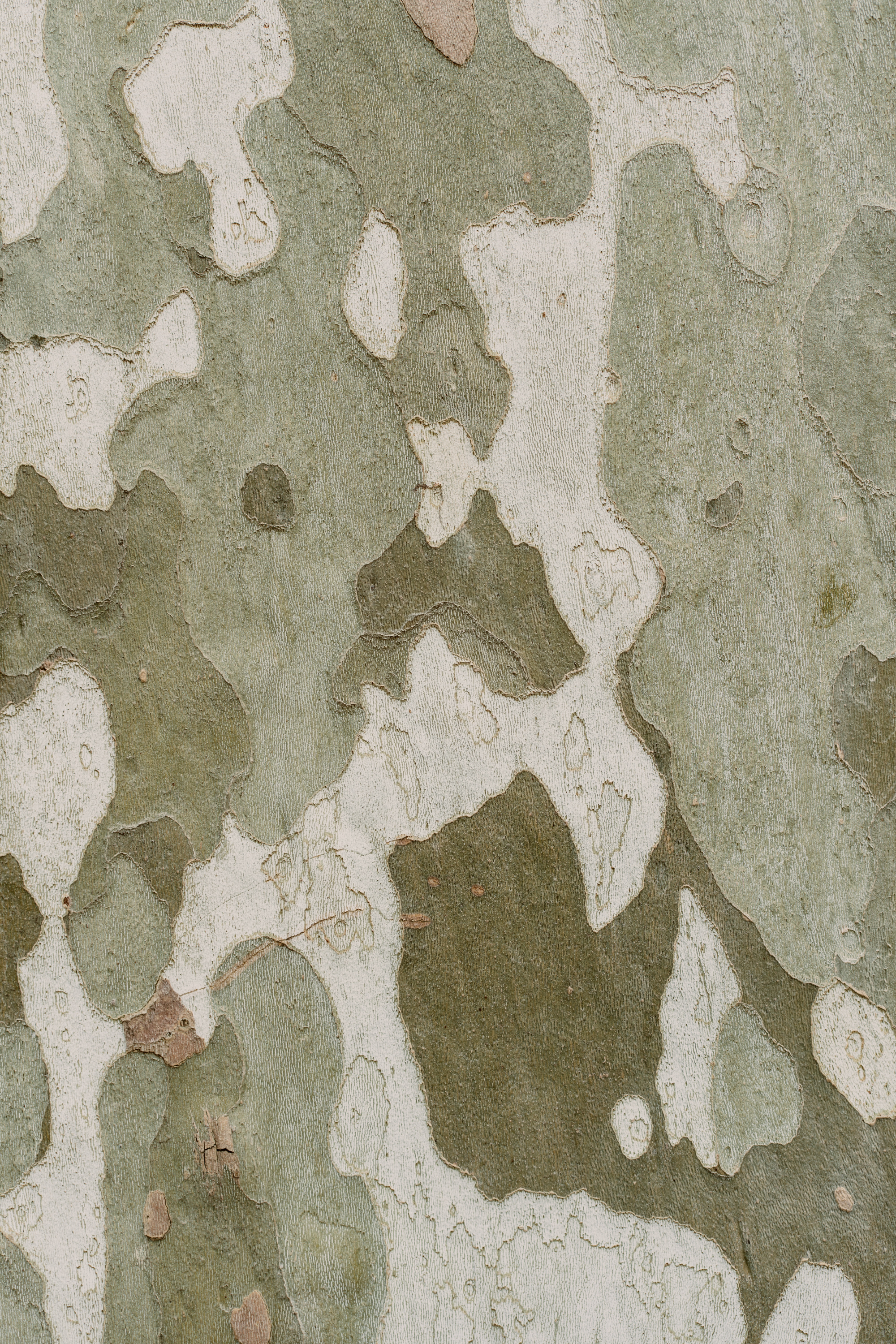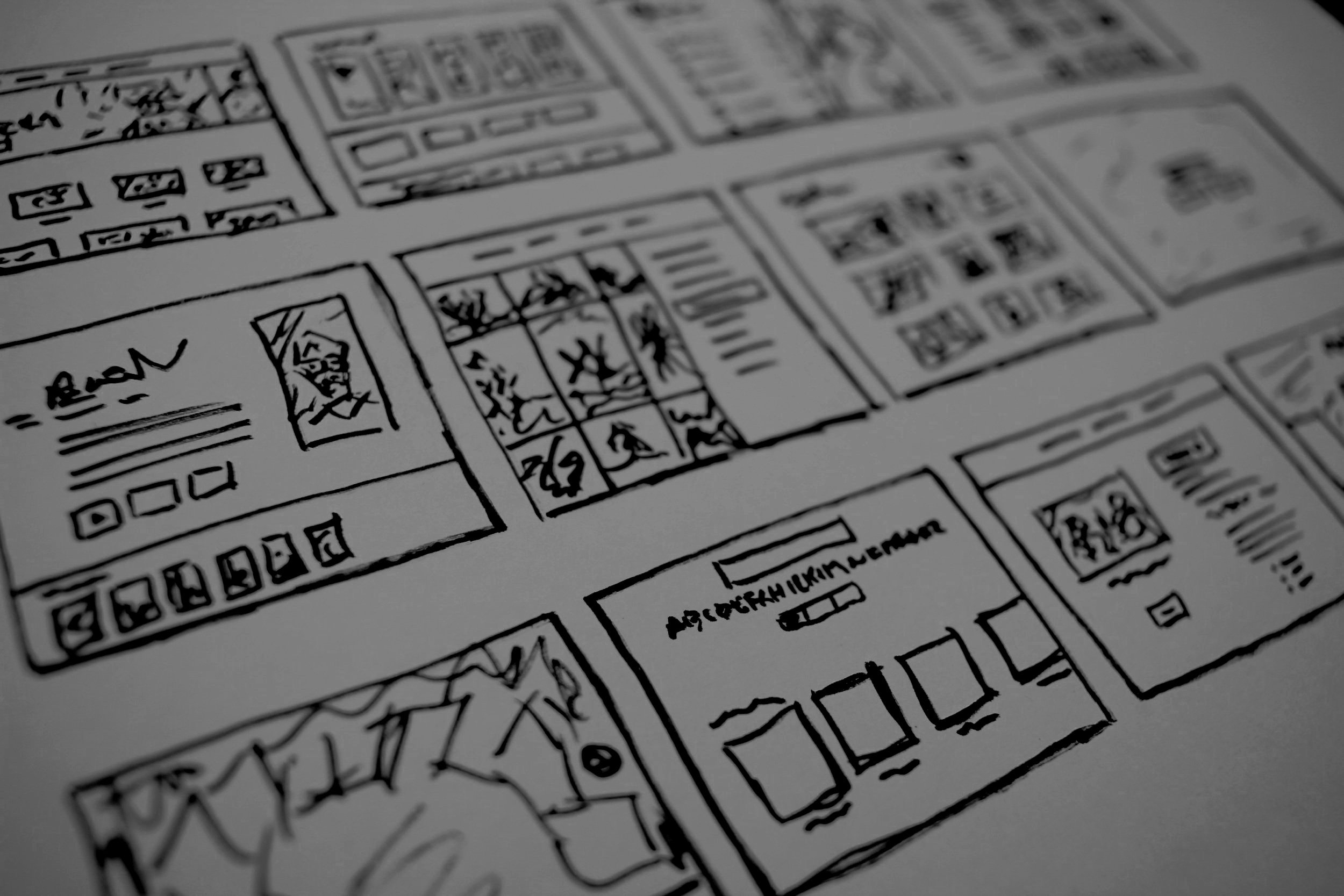
NEXTGEN: Carbon Zero Future
Sustainable Solutions - Project Based Learning - Curriculum Package - Integrated Unit Years 5-10
About Nextgen
History
NextGen Entrepreneurs has been operating since 2017, its original iteration being Young Innovators. Previously our extra-curricular program was run as a competition to introduce students to the concept of problem-solving. Past themes have included; A future with Green Energy - Solar, Wind & Hydrogen, and Save our Oceans & Waterways. An initiative of Pollinators the NextGen program has received sponsorship and support in the past from Geraldton schools, US Consulate, local, state and national industry partners.
NextGen Workshop with Euphorium
A New NextGen
In the spirit of Solutions Thinking, NextGen has evolved into an in-class experience. This curriculum package is intended to be accessible to Year 5-10 students across the state. The current iteration of NextGen is designed to be a thorough support to teachers willing to dive into project based learning. We offer a suite of integrated lessons aligned to the WA Curriculum , embedded with best teaching practices and assessment opportunities. Also, we jump right in! Higher order thinking is expected from the outset, there are no superfluous worksheets or needless paper and pen tasks.
The NextGen part of the day is about innovation, teamwork, rich experiences and individualised learning. Project-based learning can seem hectic, but don't be scared! You're not going to have students building prototypes - this unit is about developing an idea from inception to pitch. Fun, relevant, creative and not a hot-glue gun in sight.
Nextgen Future
The big idea is to foster young people who are empowered to join the chorus, "I can co-create a Carbon Zero Future!"
Our dream is for schools, teachers and students across the state to share their innovative ideas and sustainable solutions for a Carbon Zero Future. Please connect with us on our social media and teachers forum page for further tips and hints from us or other educators. We will continue to update teachers on suitable local, sustainable industry partners to supplement the program via in class visits or videos.
Again in the spirit of Solutions Thinking, we welcome feedback to refine our NextGen: Carbon Zero Future package so that it continues to be responsive to your students and to you as teachers.

‘I respectfully acknowledge the Yamatji Peoples who are the Traditional Owners and First People of the land on which this program was designed and implemented. I would like to pay my respect to the Elders past, present and future for they hold the memories, the traditions, the culture and hopes of the Yamatji Peoples.’
Overview
“Schools need to prepare us for our future.” - Cooper 14 years old, Geraldton WA.
Our students are eco-literate. Climate Change Education (UNESCO) has been woven into the curriculum for the past 20 years. However, feedback from students, as evidenced by Cooper’s statement above, informs us that warnings of global warming and natural disasters are insufficient preparation for a challenging future. The NextGenProgram guides our students from identifying a problem, to becoming engaged, enabled, and empowered innovators. With confidence they can contribute to a Carbon Zero Future.
The NextGen Program teaches social and environmental solution thinking while refining their STEM understandings & knowledge, with design skills and strategies. Together with sustainable industry and aligned partners, students will meet the challenge of giving form to ideas to co-create a Carbon Zero Future.
The NextGen program is flexible to suit your context. The open-ended tasks give scope for extension and differentiation. The lesson plans and assessment opportunities are aligned with the West Australian Curriculum, and offer best teaching and learning practises to guide students through the process of developing an innovative idea from inception to pitch.
The Big Idea
On completion of this unit;
Students view themselves as sustainable-solution creators and innovators.
Students claim the following statement is true: I can co-create a Carbon Zero Future.
How they get there;
Hybrid learning! Part teacher directed and skills driven, part student led and self-paced, own choice of content within the topic, Carbon Zero Future.
Students envisage a Carbon Zero Future.
Students are inspired by and engage with sustainable industry aligned partners in the STEM and Design sector.
Students learn of existing or developing sustainable solutions.
Students develop their own idea of a sustainable product, service or technology, or add innovation to an existing one, thereby contributing to a Carbon Zero Future.
Students practise 6 stages to sustainable solutions thinking; Define, Discover, Dream, Design, Deliver, Debrief
(Global Digital Citizens, 6 Solutions Fluencies Quick Guide)

Lesson Plans
Depending on context, teachers may have the freedom to offer the Next Gen program as weekly lessons over a term. The program can be condensed by offering double lesson blocks, or if flexibility allows, as a week intensive. Within the recommended age-group, Yr 5-10, the unit can be offered as a multi-age, buddy class and team-teaching experience . The program could even be delivered as part of a STEM focused camp with relevant excursions included. In the event of a return to online learning, the NextGen unit can be used as an innovative supplement to the digital classroom.
-
Lesson 1 - Introduction
Collective dreaming: Toward a Carbon Zero Future
This lesson honours and acknowledges indigenous ways that have maintained balance and sustainability for millennia. In the spirit of reconciliation and walking together toward a Carbon Zero Future, we commence the unit with collective dreaming and begin to tell a new story. We examine our 'why' for working toward a Carbon Zero Future. Without a dream you can’t have a vision, goal or innovation.
-
Lesson 2 - Define
Know the problem
We begin our Innovator Activator Challenges. A brief activity to stimulate lateral thinking both outside and inside of the box. Limitations can squeeze creativity further! We meet an industry partner to discuss a sustainable solution and real-world applications. Our Journey Map begins to be charted, as we DEFINE the problem we aim to solve.
-
Lesson 3 - Discover
Students dive into DISCOVER mode as they research the problem they intend to solve. An industry partner reveals more real-world applications of sustainable solutions. We practice asking good research questions.
-
Lesson 4 - Dream
A great innovation has many iterations.
We dream deeper in this lesson as we plant solution trees. More lesson time is given over to project work from this point on.
-
Lesson 5 - Design
Now the learners begin to hammer out the initial framework for the solution they are developing to apply to their identified problem. The starting points for this stage are the audience and the purpose. It is critical to the students' success that teacher begins giving feedback at this stage of the process.
-
Lesson 6 - Deliver
The learners produce and apply a suitable solution to the problem. Sometimes it may not work, and this can be a powerful learning experience involving useful failure. Clear planning and acceptance of feedback will move students to successful presentation of a sustainable solution.
-
Lesson 7 - Debrief
The debrief stage leads to personal growth, and process/product refinement. Students receive advice from an industry partner on presentation tips. Students learn how to give and receive constructive feedback - with the virtue of tact. There is still time for students to complete their sustainable solution concept and presentation preparation.
-
Lesson 8 - Carbon Zero Future Expo
Roll out the red carpet for the judging panel VIP's. The pitches and presentations begin.
-
Lesson 9 - Carbon Zero Future Expo
The presentations continue. Time to complete final journal entries and concluding statement on the Carbon Zero Journey.
-
Lesson 10 Celebration
Celebrate the success of your class presentations. Invite another class, parents, or administration staff to view your expo and gallery of Carbon Zero Future solutions. Also, when is pizza not a good idea? And it comes in compostable cardboard packaging- win-win.
Guiding Principles - WA CURRICULUM ALIGNMENT
Relevant Key Rights:
Contribute, make decisions, be listened to
Education and lifelong learning
Explore, express and create.
Relevant Values:
Pursuit of knowledge and commitment to achievement of potential
Environmental Responsibility
Opportunity to learn
Connection & challenge
Action & reflection
Motivation & purpose
Inclusivity & difference
Independence and collaboration
Principles of Assessment:
“Assessment should be an integral part of teaching and learning”.
NextGen places emphasis on formative assessment as much as summative assessment. Fine changes in student learning and behaviours are key for achieving the goals of the program.
Critical and Creative Thinking
“Across the Western Australian Curriculum, students develop capability in critical and creative thinking as they learn to generate and evaluate knowledge, clarify concepts and ideas, seek possibilities, consider alternatives and solve problems. Critical and creative thinking are integral to activities that require students to reflect broadly and deeply using skills, behaviours and dispositions such as reason, logic, resourcefulness, imagination and innovation in all learning areas at school and in their lives beyond school.”
Sustainability
“Across the Western Australian Curriculum, the sustainability priority allows students to develop the knowledge, skills, values and worldviews necessary for them to act in ways that contribute to more sustainable patterns of living. Education for sustainability enables individuals and communities to reflect on ways of interpreting and engaging with the world. The sustainability priority is futures-oriented, focusing on protecting environments and creating a more ecologically and socially just world through informed action. Actions that support more sustainable patterns of living require consideration of environmental, social, cultural and economic systems and their interdependence.”
Aboriginal and Torres Strait Islander Histories and Cultures
“Across the Western Australian Curriculum, the Aboriginal and Torres Strait Islander histories and cultures priority provides opportunities for students to deepen their knowledge of Australia by engaging with the world’s oldest continuous living cultures. Students will understand that contemporary Aboriginal and Torres Strait Islander communities are strong, resilient, rich and diverse. The knowledge and understanding gained through this priority will enhance the ability of young people to participate positively in the ongoing development of Australia.”
REFERENCE: School Curriculum and Standards Authority
https://k10outline.scsa.wa.edu.au/home/principles/guiding-principles




